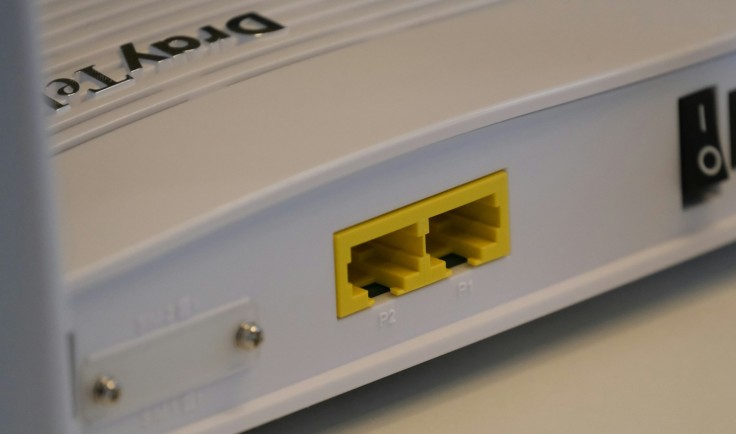The Biden administration's efforts to revive the Net Neutrality Rule to cut down internet bills were once again blocked by the US Court of Appeals after failing to satisfy the "high bar" required for imposing such regulations.
First reported by Reuters, the Sixth Circuit Court of Appeals temporarily suspended the ruling's implementation claiming that such major changes in internet billing require "congressional authorization."

The Federal Communication Commission, with the backing of the Biden administration, passed the ruling's return earlier in April since it was removed in 2017 during former President Donald Trump's term.
Efforts to reinstate the ruling first failed in 2022 as industry groups faced mounting legal challenges and political opposition.
In response, FCC Chair Jessica Rosenworcel accused the Court of Appeals of setting back efforts to give Americans "an internet that is fast, open, and fair."
The FCC vowed to appeal the court decision.
What Exactly are the Net Neutrality Rules?
The Net Neutrality Rules were first passed during former President Barack Obama's administration as a way to reduce connection bills and prevent internet service providers from overcharging their customers.
Among its primary functions is to block ISPs from bottling internet speed to encourage people to switch to their more premium services.
This also includes slowing down the connection in certain websites and platforms to promote additional bundles that will be supposed to boost speed for these sites.
Biden Admin's Internet Rules Face Headwinds from Industry, Lawmakers
The Net Neutrality Rules are not the only internet bill-related policy the Biden administration has struggled to pass as industry groups and lawmakers push back against their implementations.
One notable example is the headwinds in passing the extension funding for the Affordable Connectivity Program to allow low-income households to gain access to high-speed internet.
The FCC has long warned that failure to pass the additional $7 billion would deprive millions of American households of connection access once the remaining program budget dried up.
Several internet service providers have also come forward in opposition to the government's recent plans to lower billing caps as a requirement for receiving government funding.









